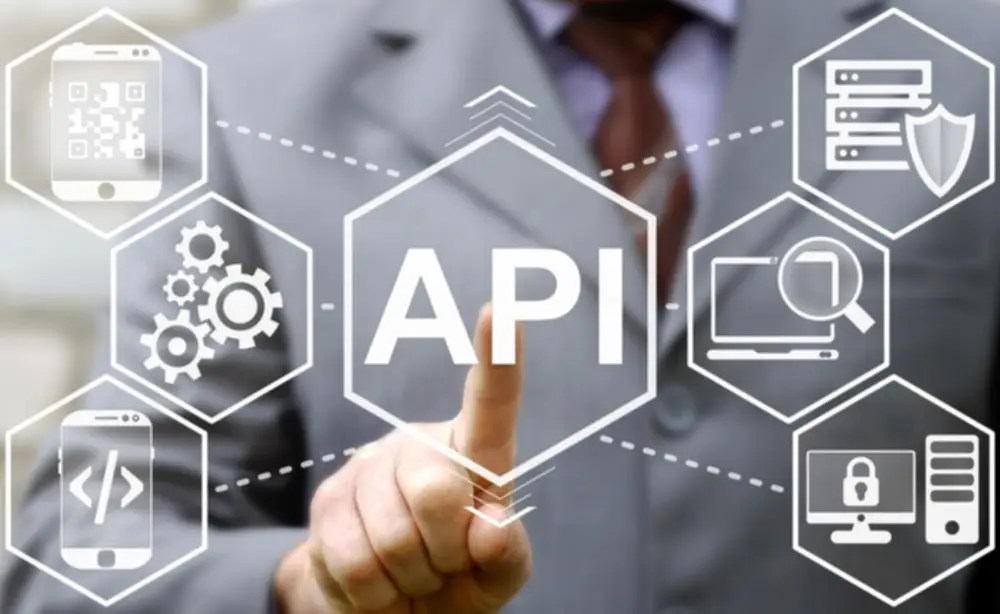As yet, work in quantum computing is largely restricted to labs, but we could see the first commercially obtainable quantum computer this decade. Big Data refers back to the exponential growth in the quantity of knowledge being created in our world. Thanks to augmented analytics (highly superior AI For Small Business information analytics, typically fuelled by AI techniques), we can now make sense of and work with enormously complex and varied streams of data. As our climate adjustments, the necessity to predict disasters will turn out to be paramount.
As we look to the lengthy run, it’s clear that the trends and milestones of the previous decade will continue to form the panorama. The rise of AI and machine learning will drive innovation in fields like healthcare, finance, and education. The development https://www.globalcloudteam.com/ of sustainability and renewable power will turn into more and more necessary, as corporations and people prioritize environmental responsibility and social influence. The growth of cybersecurity and information protection may also be important, as corporations and individuals search to safeguard their digital belongings and shield towards cyber threats. The last decade has seen unprecedented growth and innovation throughout various industries, driven by advancements in expertise, shifting client behaviors, and strategic investments.
Technology Vision 2025
In 10 years’ time, with the advances we’re seeing in natural language processing and speech era, voice management might turn into our default technique of interacting with machines. We’re already used to chatting with machines like Alexa or Siri, even though the experience could be shaky and limited. But with natural language processing taking over, by 2034, it’s going to appear completely humdrum to have pure, flowing conversations with technology.
These developments paint an image of a future the place expertise permeates every facet of our lives, from how we work and communicate to how we journey and access healthcare. The pace of change will likely be speedy, and adaptation might be important to staying related in this tech-driven world. These are among the many findings in the newest McKinsey Technology Trends Outlook, by which the McKinsey Technology Council recognized probably the most important know-how developments unfolding at present.
Next-gen computing is a catch-all time period that encompasses every little thing from quantum AI to fully autonomous vehicles. And although this might not be a primary concern for many companies, it’s still one thing you should keep in mind as it’s definitely coming. What’s extra, the rise of generalist robotics software program, adaptable to varied duties and environments, is driving new curiosity in multipurpose robotic hardware. Even because the hardware elements inside robots become increasingly purpose-built, the our bodies they’re composed into are evolving to be increasingly general-purpose. Designs like humanoids are anticipated to drive ever higher robotic integration into our world, revolutionizing industries and permitting companies throughout practically every business to rethink bodily operations and workflows.

Firm
Another potential evolutionary pathway is for them to become primarily AI assistants, capable of helping us to arrange our lives and entry information as and when we need it, far beyond the capabilities of today’s handsets. The future belongs to those that can embrace change, adapt to new realities, and leverage technology’s potential for optimistic change. By remaining curious, learning continuously, and prioritising human values, we can be sure that the technological revolution of 2025 empowers us to construct a better future for ourselves and generations to return. Blockchain technology, the distributed ledger system underpinning cryptocurrencies, has the potential to revolutionise how we store and share data. In 2025, we will expect to see blockchain purposes lengthen beyond financial transactions, impacting sectors like supply chain administration, healthcare, and voting systems. Knowing the important thing technology tendencies for the subsequent decade isn’t good enough.
The world’s quickest supercomputers can now carry out more than an exaflop’s price of calculations (that’s a 1 adopted by 18 zeros). New machines that may crunch scientific data at these speeds will enable scientists to carry out extra sophisticated simulations of the climate, nuclear fission, turbulence, and more. We might be getting near creating robots that resemble us very intently. All the adjustments highlighted above might want to depend on a wide net of stakeholders. Some firms will embody the power transition, whereas others will assist (consulting, compliance, sustainability analytics, carbon accounting, certification…).
How Do You Protect Trust?
- This was once a blue-collar drawback, but AI is now bringing these subjects (and philosophical questions) to air-conditioned workplaces.
- Alexa, Siri, chatbots many of us are now quite used to communicate with machines by merely speaking or typing our request.
- Of executives imagine that only by building trust with employees will organizations have the flexibility to totally seize the benefits of automation enabled by gen AI.
- As businesses face unprecedented new threats, the power to avoid and mitigate cybersecurity threats will be important to success over the subsequent decade.
This will include work and workplace tradition, the place eco-friendly initiatives will cease being “nice-to-haves” and turn out to be biggest trends next 10 years critical to enterprise survival. The concept of the metaverse — a virtual universe the place users can work together, work and play — is gaining momentum. In all probability, the metaverse could redefine how we socialize, work and collaborate within the not-so-distant future. Heat pumps are electric appliances that may each cool and heat buildings, and wider adoption could considerably cut back emissions. Sales have increased all over the world; in the US, they have surpassed gas furnaces for the primary time. New types that run at greater temperatures could help decarbonize business, too.
Workers are increasingly asked to make use of the most recent expertise to do extra with less. This was a blue-collar downside, however AI is now bringing these matters (and philosophical questions) to air-conditioned places of work. As this stuff usually go, this is unhealthy information for professions requiring low level of abilities (call facilities, low-level coding, CEOs…).

From personalised marketing and predictive analytics to advanced robotics and autonomous vehicles, AI’s functions are vast and growing. The world will probably look a bit completely different a decade from now than it does at present, so long-term investors have to try to zoom out and see what the big-picture tendencies are, and gauge which corporations are poised to steer them. Current high-growth companies like synthetic intelligence (AI) and weight-loss drugs have vast potential. Meanwhile, markets for rising applied sciences such as humanoid robotics and autonomous autos might be in full swing by 2035. Called “the most profound know-how that humanity will ever develop” by Google CEO Sundar Pichai, we’ve only started to scratch the floor of what is possible with AI.
They say that a future generation – maybe the upcoming “generation alpha” who’re all kids at present – might reject this wholesale, valuing time away from technology and firmly anchored in bodily actuality. As well because the know-how itself, the impression of that know-how on society might be all around us. Does that imply a utopia where nobody works and an AI workforce generates every thing we need? Or a dystopia where humans are largely redundant, and wealth is increasingly concentrated within the hands of the technologically-enabled elite? The solely concrete prediction I can give here is that the actions and selections taken right now, as we get started with AI, will play a big part in answering that query.

Leave a reply